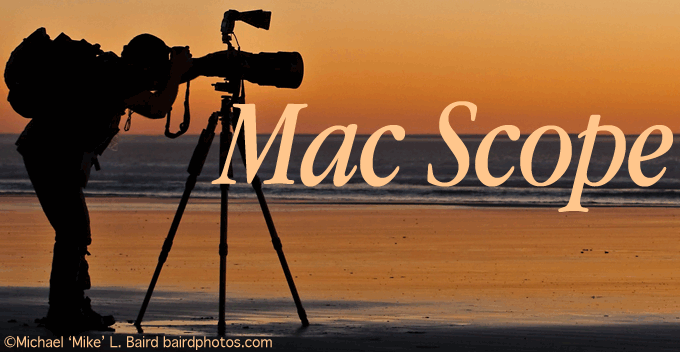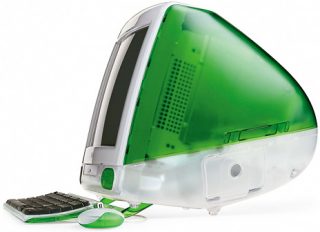2001: Apple has been a niche player for many years. Its market share has been reduced to the point where most people don’t see Apple as a major threat to the PC landscape.

A niche player faces many challenges, one of which is expanding market share. Apple has had some success with this since the return of Steve Jobs. Niche players also benefit from their small size, which allows them to react to market conditions more quickly.
Apple has, it seems, hit a wall in growing market share. The numbers seem to stay stubbornly at less than 10% of the overall market.
Traditionally, Apple has approached growing its market share by trying to attract new users and winning the occasional convert. This has resulted in an “our system is better than their system” mentality. Comparing clock speeds, user interfaces, and software bundles are the norm in these debates. Inevitably, many users come to the conclusion that, while Macs may be superior, Windows (at least in theory) is more convenient.
Apple needs to tip the scales in its favor. They need to expand their niche in a more sensible way than simply trying to outdo the competition on the same playing field. Clearly, Apple has taken the lead in hardware design and has the results to show for their efforts. Now they must move beyond this and into other lucrative areas.
Apple: The Green Machine?
 One aspect of a computer that has so far been completely ignored by all computer makers is the environmental impact. Apple could easily take a lead here.
One aspect of a computer that has so far been completely ignored by all computer makers is the environmental impact. Apple could easily take a lead here.
Currently, computers are not the most environmentally friendly things on the planet. They are made up of many troublesome compounds like lead, cadmium, and mercury.
The safe disposal of a computer is not easy. And while there are several companies that specialize in recycling computers, they are fighting an uphill battle without the help of the manufacturers.
If Apple took the lead in creating a much more environmentally friendly machine, it’s likely that they would appeal to a larger audience. Many people might be swayed into buying a Macintosh if it had a green reputation. For example, many people are already willing to make some sacrifices and pay a premium for a more environmentally friendly car like the Honda Insight or the Toyota Prius. These same folks could probably be swayed into paying a slightly higher price for a Mac.
Crazy? Not really. No other computer maker is playing in this space. Apple would pretty much have a monopoly on green computers.
Even without a drastic redesign, Apple could benefit from playing the environmental card. Macs already consume less power than their PC competition. Multiply this power saving a thousand times over, and Mac users are already saving energy left, right, and center.
Even if this is not a viable niche, Apple needs more innovative ways to grow market share.

